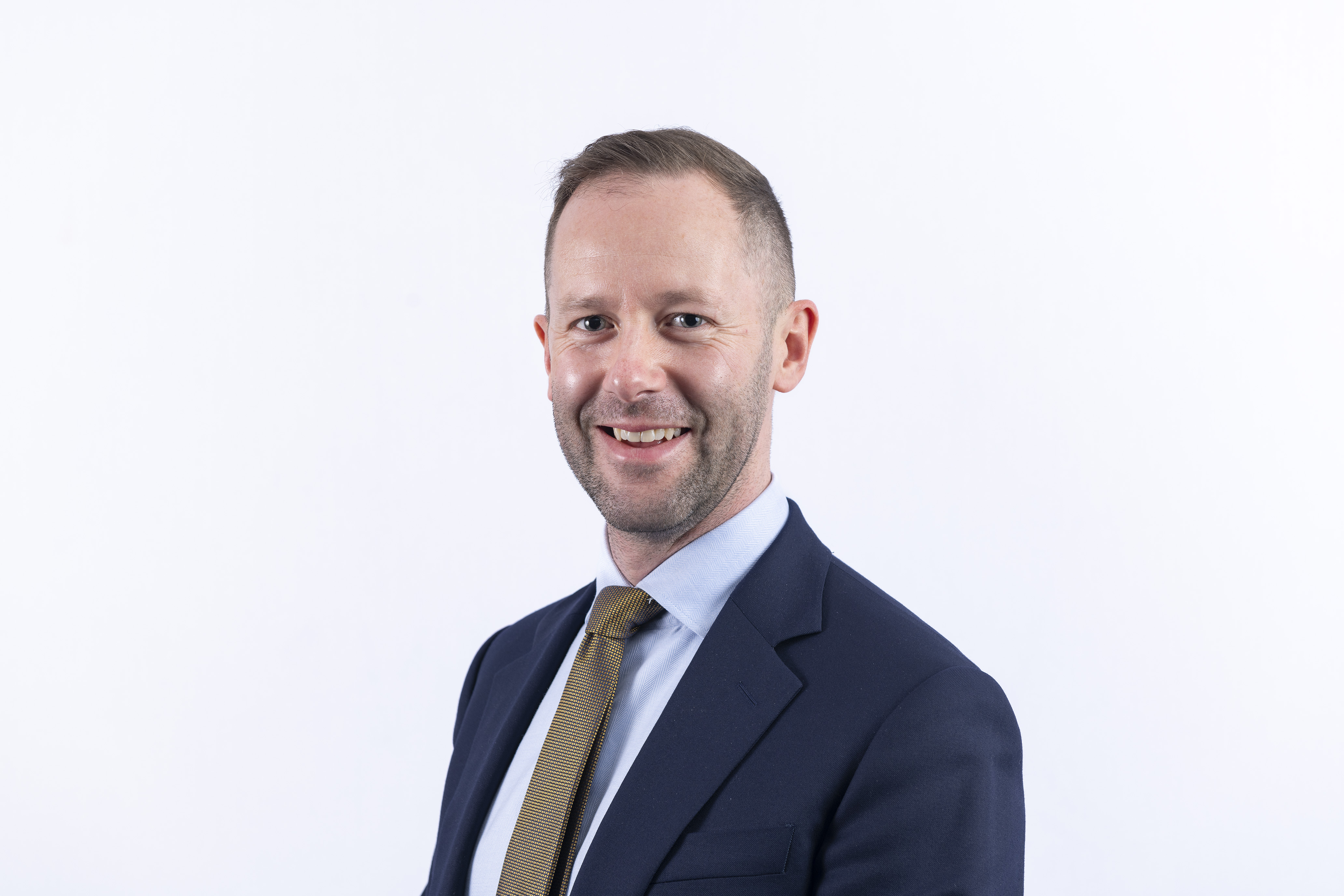
The UK’s leading HIV charity Terrence Higgins Trust is thrilled to appoint Professor Thomas Waite OBE, currently Deputy Chief Medical Officer for England, to their board of trustees.
The appointment comes at a crucial time as there’s less than six years left to achieve the life-changing goal of ending new cases of HIV in the UK by 2030. Professor Waite will play a pivotal role as a trustee making sure this commitment is achieved.
Professor Waite is an epidemiologist and public health physician, as well as a honorary professor at the University of Bolton. He has worked in public health and health protection in England and Wales as well as overseas, particularly in Ethiopia. Professor Waite is also a proud gay man and is committed to reducing stigma and raising awareness that people living with HIV cannot pass the virus on. He has also held a range of roles at Public Health England (now UKHSA) in global health, field epidemiology and environmental public health before becoming Deputy CMO for health protection. Before that he trained and worked in clinical medicine and public health in South Wales.
Professor Waite helped establish the UK Public Health Rapid Support Team and as their senior epidemiologist he led their first deployment to the Somali region of Ethiopia. He was also awarded an OBE for services to Public Health in the 2024 King’s Birthday Honours.
Jonathan McShane, Chair of Trustees, said: 'All of us at Terrence Higgins Trust are incredibly proud to have Professor Waite on our board of trustees. He has an excellent track record in public health and the leadership he has provided was critical in the roll out of opt-out HIV testing in high prevalence areas. We know his expertise will be vital as we do everything in our power to end new cases of HIV by 2030.'
Professor Thomas Waite OBE, said: 'I am thrilled to have been appointed to Terrence Higgins Trust’s board of trustees in this critical time as the UK strives to end new cases of HIV by 2030. I know from being across the table from Terrence Higgins Trust that we cannot achieve this historic goal without their unique contribution. The charity has been supporting people living with HIV since the early 1980s and although their work is very different today, it is still life-changing. People living with HIV rely on their support as much as ever.
There is so much progress to celebrate, but as the numbers get lower and lower, the efforts must get higher and higher. We have to keep the action up – that’s why I am looking forward to the opportunity of working with Terrence Higgins Trust towards a future where there are no new HIV cases and HIV stigma is a thing of the past.'

